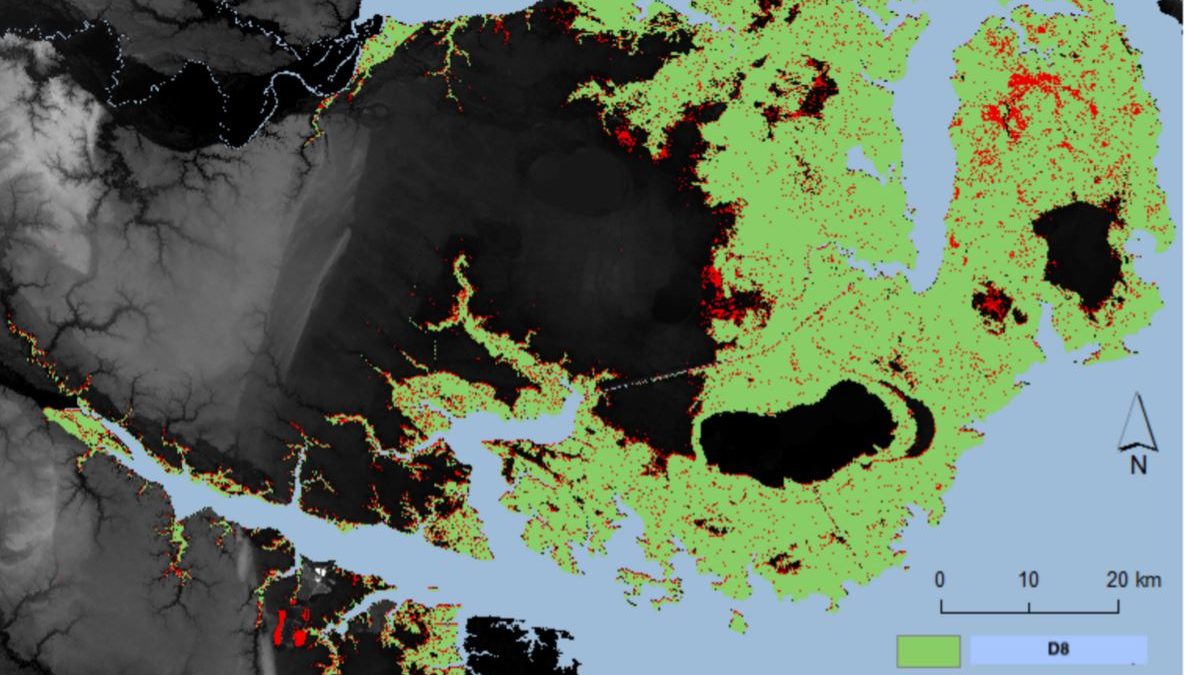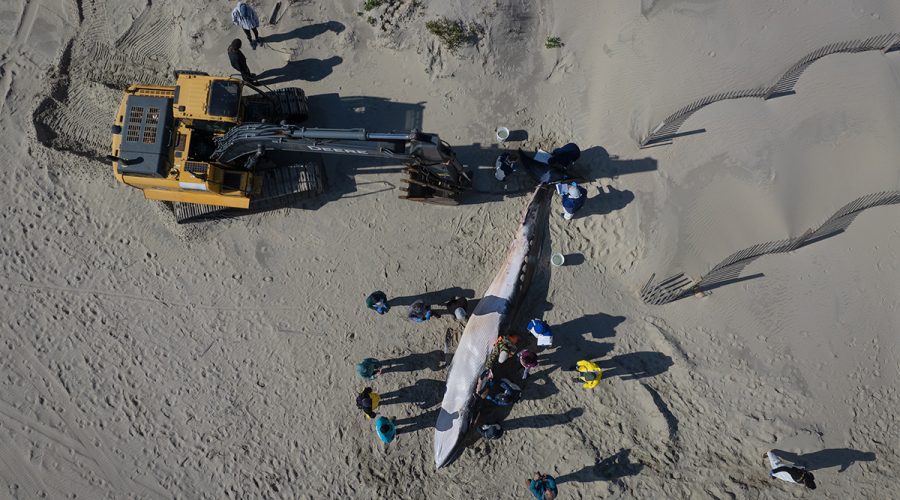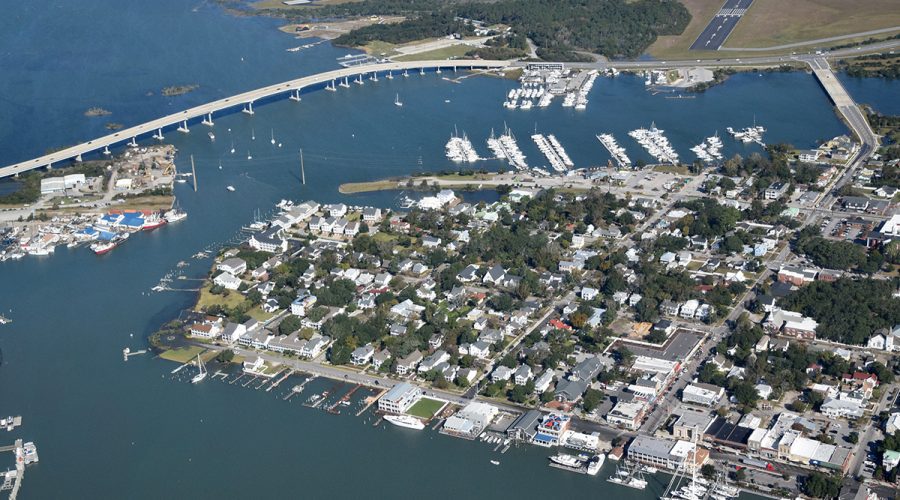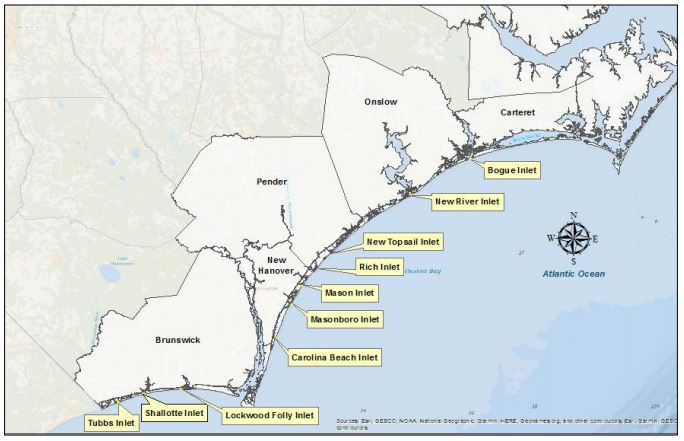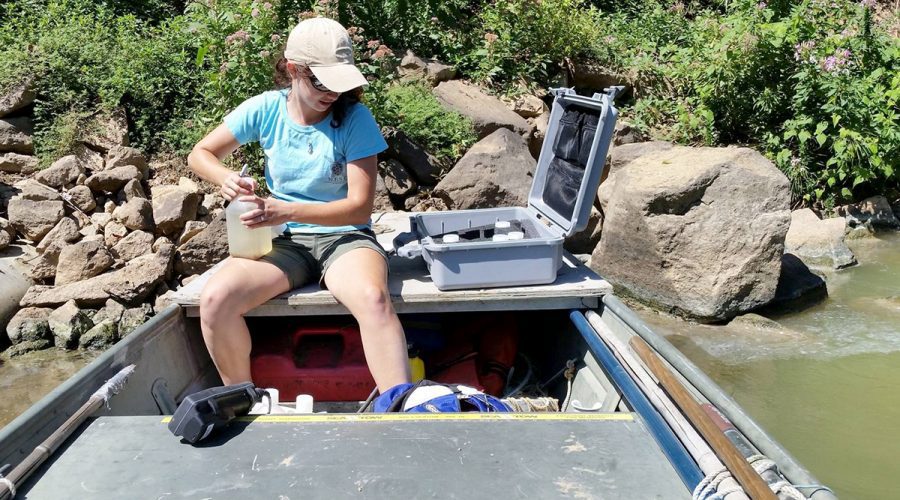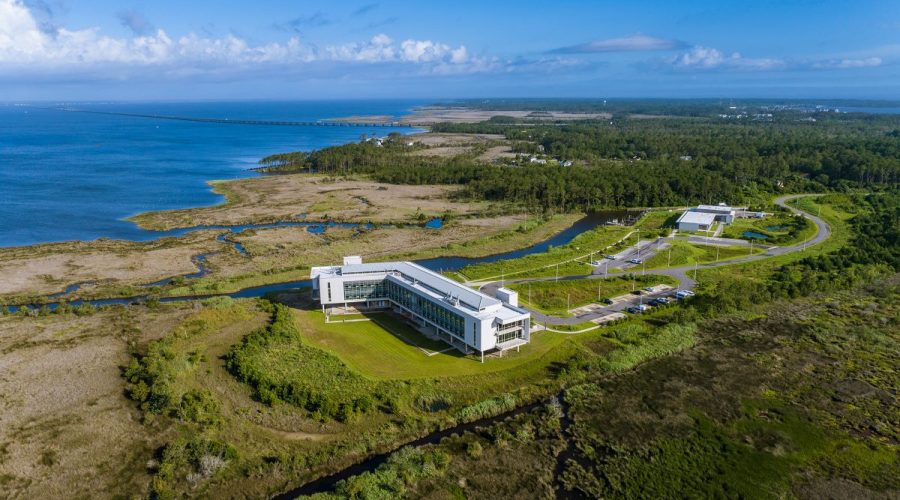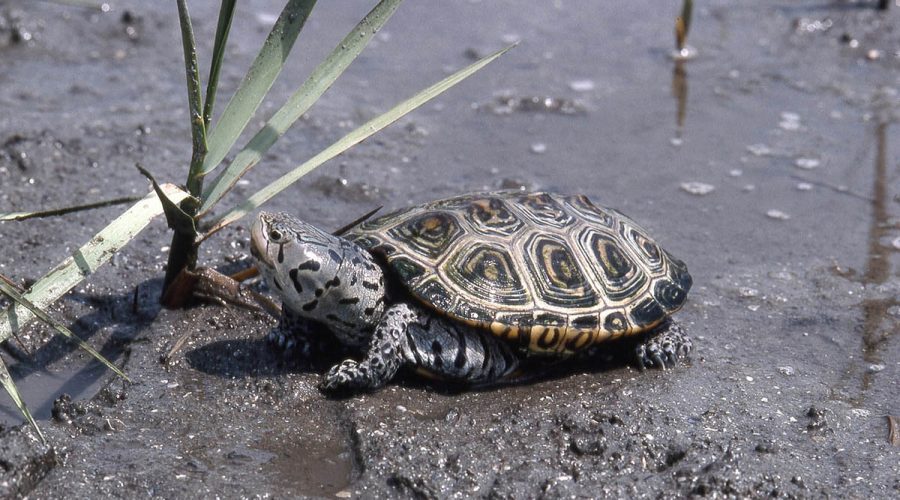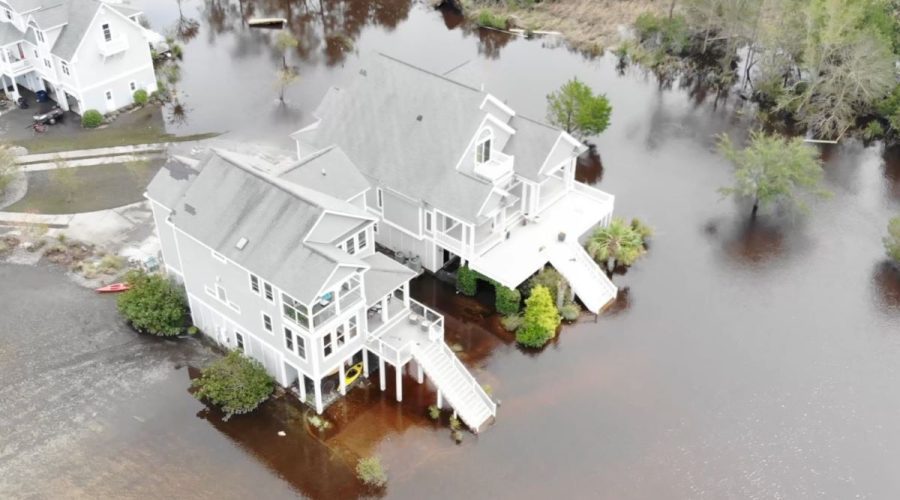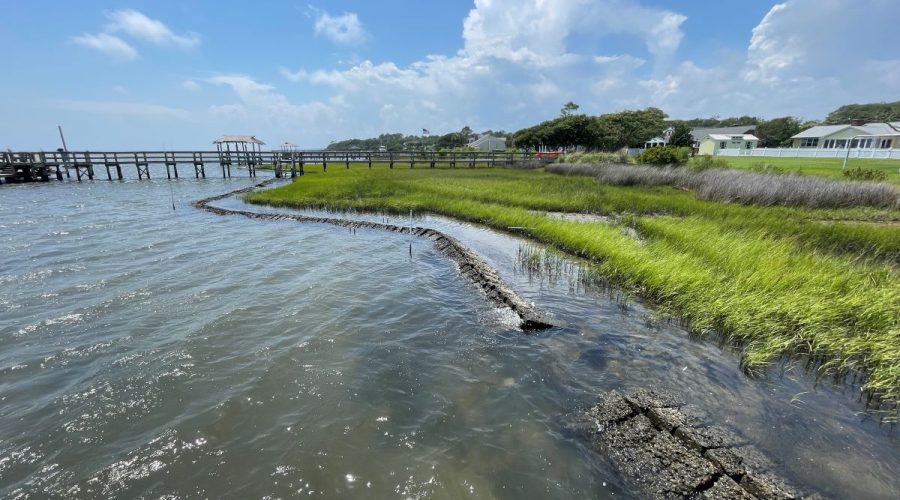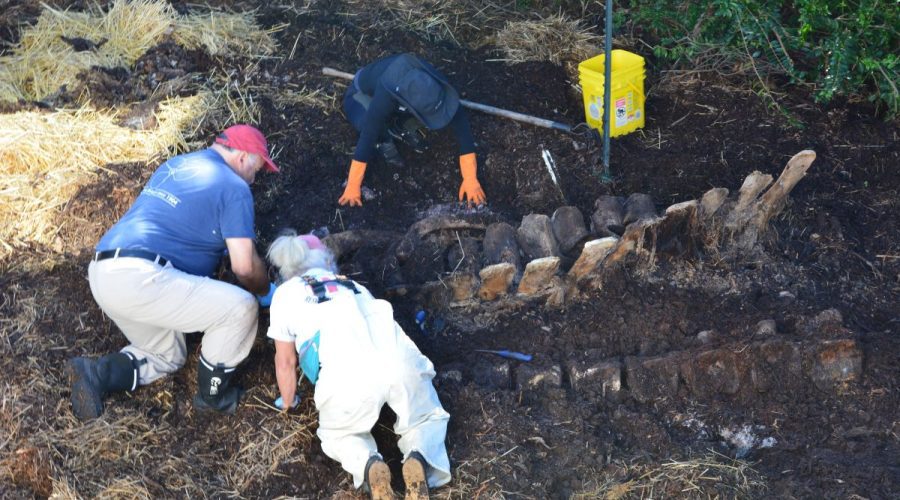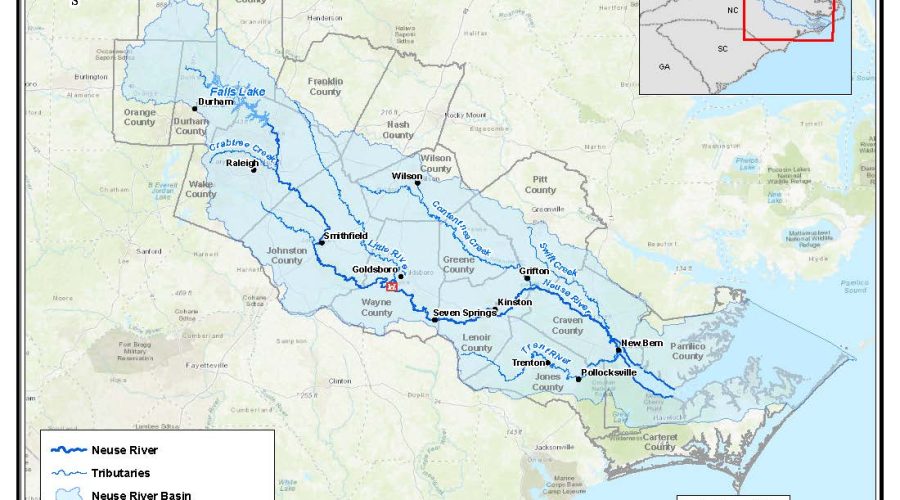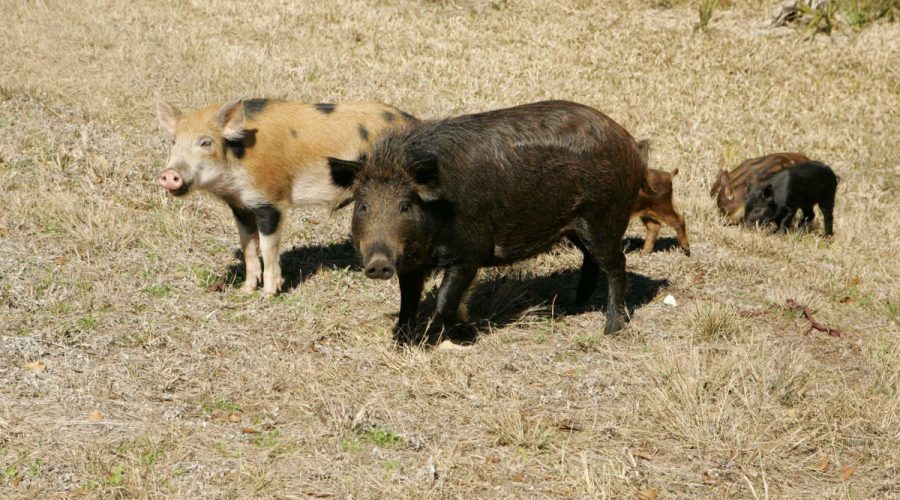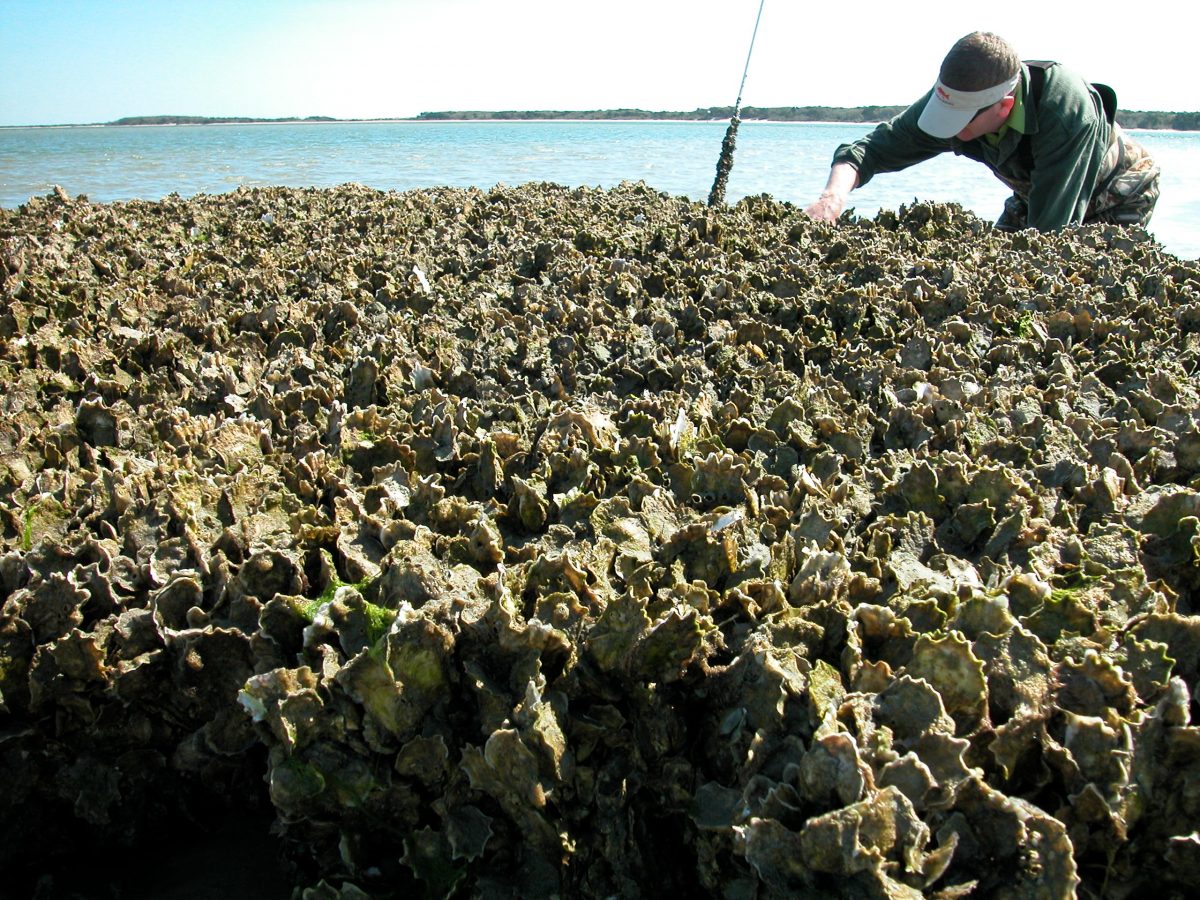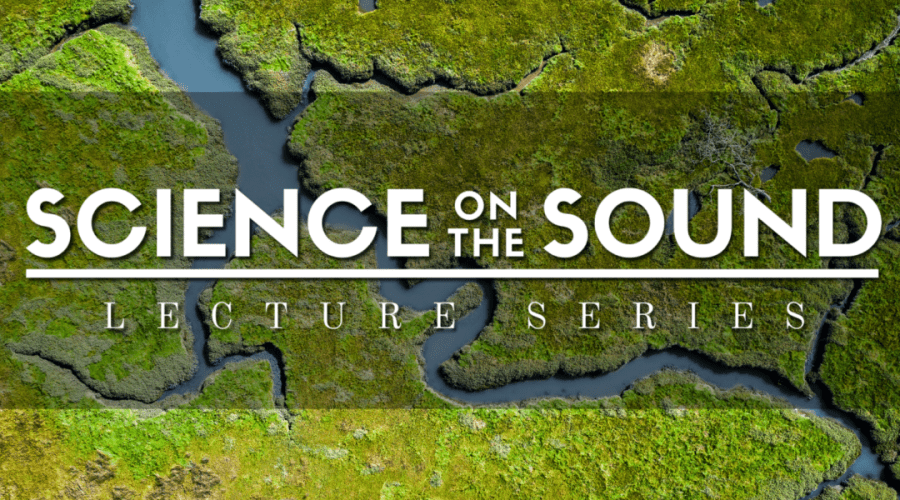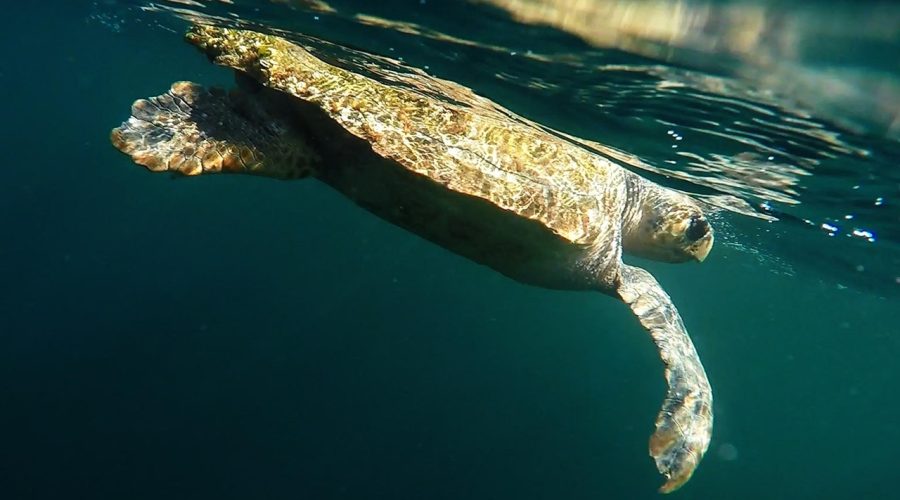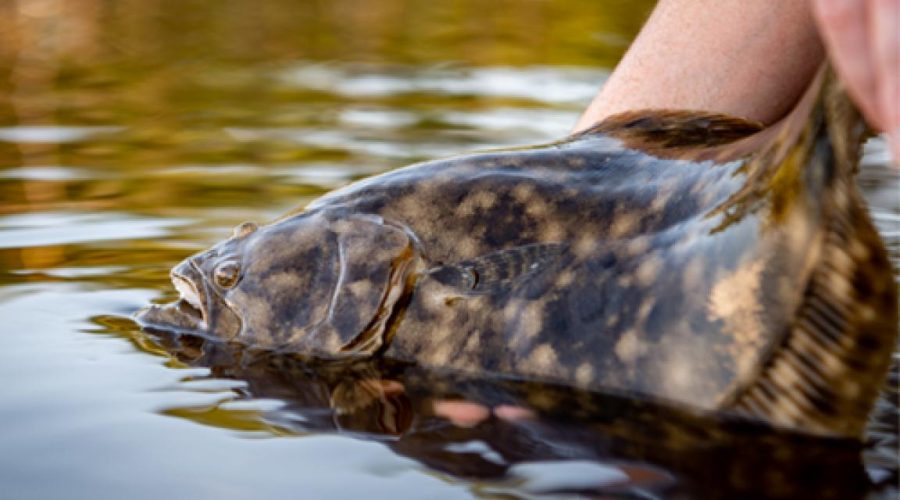Comments are being accepted until July 3 on the annual review of new and significant scientific literature and studies that address the local, state and. regional implications of sea level rise.
science
Recent whale deaths unfortunate, not alarming: Scientists
Researchers say the stranded whales that washed ashore in quick succession earlier this year “may just be an unfortunate statistical anomaly” and were unrelated to offshore wind development.
Street inundation linked to elevated bacteria in creek: Study
N.C. State researchers found elevated levels of fecal bacteria in water samples collected from a tidal creek in Beaufort and town streets following rainfall.
Science panel to resume Inlet Hazard Area review
The advisory panel to the North Carolina Coastal Resources Commission will continue its review of proposed updated inlet hazard area boundaries along the coast.
Proposed rules address possible Microcystis bloom sources
The Environmental Protection Agency is proposing revisions to nutrient discharge standards for meat and poultry processors’ wastewater, a potential source of mysterious blooms in the Cape Fear River a decade ago.
CSI, ECU to host annual open house at Outer Banks campus
Visitors will be able to tour the campus, grounds and facilities, learn about current research and education programs, take part in family-friendly activities and interact with faculty and staff.
State wildlife officials seek volunteers to tally terrapins
With a little training, a kayak and a smartphone app, coastal North Carolina residents can join the 10th annual “Terrapin Tally,” a count that helps researchers assess the elusive marsh dwellers’ status.
Researchers work to improve compound flooding forecast
University of North Carolina Chapel Hill researchers have been developing a forecast model that will help predict in real time whether worst-case scenario conditions might occur in communities with multiple flood risks.
Academy aims to make living shorelines more accessible
The N.C. Living Shoreline Academy at Carteret Community College is translating years of research into practical application for waterfront property owners and marine contractors.
Whales, whaling symposium Friday at Maritime Museum
N.C. Maritime Museum staff are devoting a whole day to whales and whaling during a symposium scheduled for Friday at the Beaufort facility.
Neuse River salinity levels remain higher than average
The Neuse River estuary continues to be saltier than normal, particularly for late winter, according to the latest ModMon Project sampling.
National Invasive Species Awareness Week highlights risks
Biologists, extension agents and foresters here on the North Carolina coast say National Invasive Species Awareness Week, Feb. 26-March 3, is an important time to learn how to limit the spread.
Extensive study aims to help state better manage fisheries
Researchers from multiple universities are working under the North Carolina Collaboratory umbrella to develop recommendations to improve state management of species like oysters.
‘Science on the Sound’ to examine what’s under the marsh
Penn State Professor Emeritus in the Department of Biochemistry and Molecular Biology Dr. James Ferry presents “Life in the Salt Marsh Underground” Feb. 16 at the Coastal Studies Institute.
DNA project links individual female loggerheads, nests
University of Georgia research scientist Brian Shamblin leads a study that uses genetic tagging of female loggerheads from southern Georgia to the North Carolina-Virginia state line.
Southern flounder research focus of March symposium
The Division of Marine Fisheries staff invites stakeholders to a daylong symposium to talk about ongoing state research of southern flounder.

